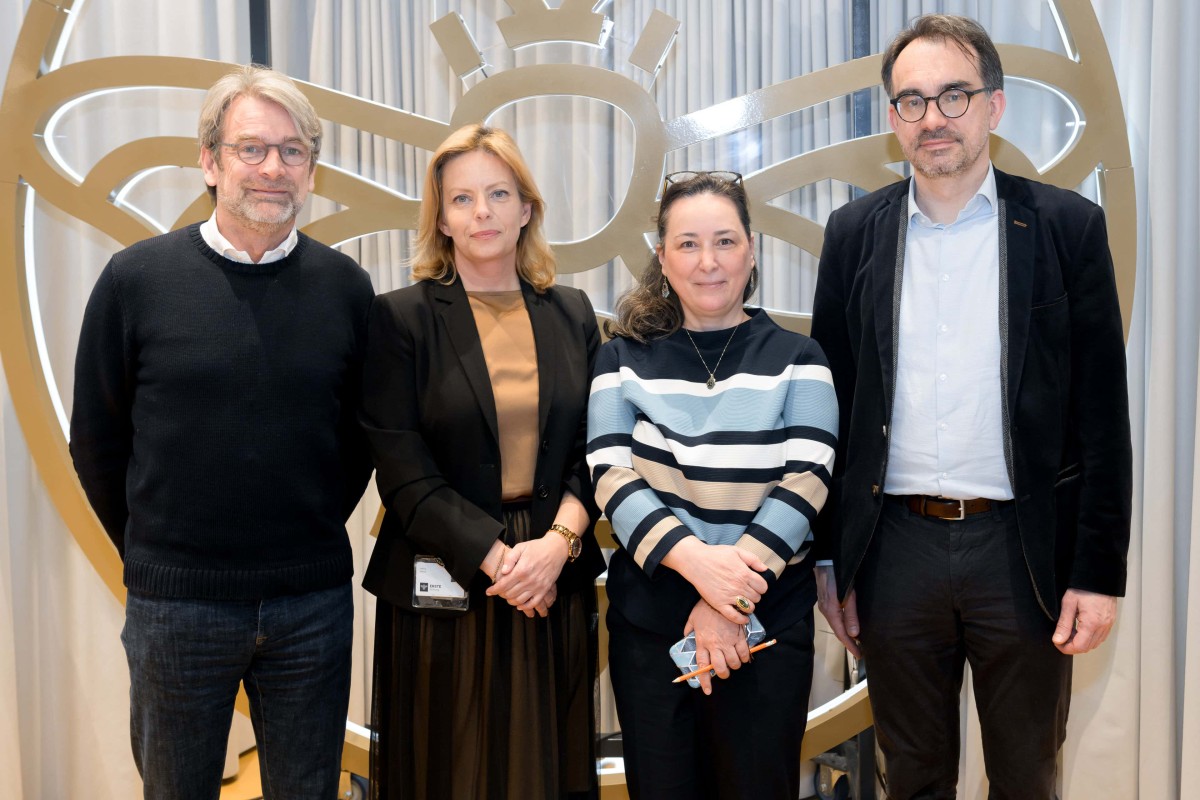Sponsored Content
Future of EU Enlargement Discussed in Vienna: Unified Vision Required
An event in Vienna, organized by the ERSTE Foundation in cooperation with the European Council on Foreign Relations (ECFR), focused on the debate about the future of EU enlargement. Under the title "Beyond Catch-27: How to make EU enlargement work?", leading experts from various fields gathered to discuss the challenges and opportunities of integrating new member states into the European Union.
 Boris Marte (ERSTE Stiftung), Hedvig Morvai (ERSTE Stiftung), Engjellushe Morina (European Council on Foreign Relations), Piotr Buras (European Council on Foreign Relations) (f.l.t.r.). / Picture: © eSeL.at – Joanna Pianka
Boris Marte (ERSTE Stiftung), Hedvig Morvai (ERSTE Stiftung), Engjellushe Morina (European Council on Foreign Relations), Piotr Buras (European Council on Foreign Relations) (f.l.t.r.). / Picture: © eSeL.at – Joanna Pianka
In light of recent moves by the European Council, which opened accession negotiations with Ukraine and Moldova at the end of last year and granted candidate status to Georgia, the topic of EU enlargement has come back into focus. Progress has also been made in the integration of the Western Balkan states, particularly Bosnia and Herzegovina.
Hedvig Morvai, Director of Strategy…
or Log In
Fast News Search





